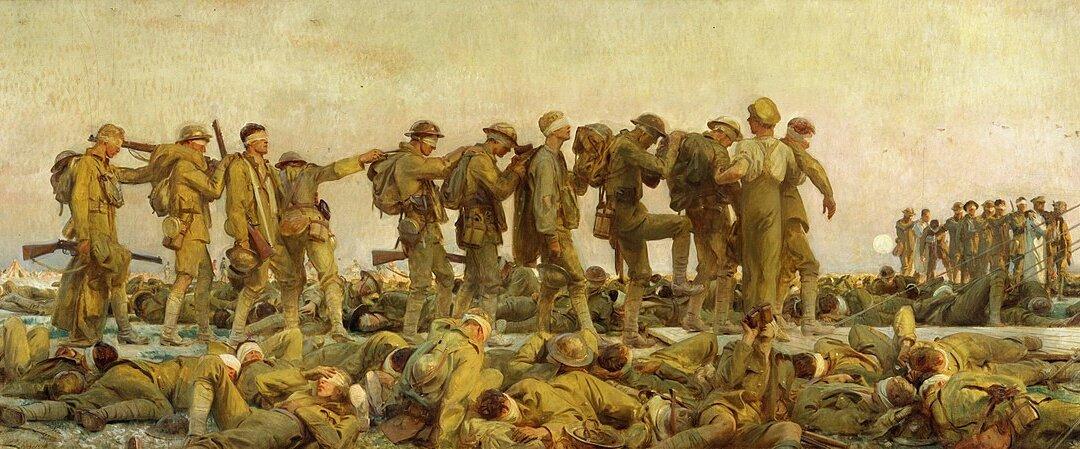“Only the dead are safe; only the dead have seen the end of war.” So wrote philosopher George Santayana (1863–1952) in “Tipperary,” an essay found in his collection “Soliloquies in England, and Later Soliloquies.” In “Tipperary,” Santayana rebukes those pacifists and dreamers who believe that World War I was the war to end all wars:
“You suppose that this war has been a criminal blunder and an exceptional horror; you imagine that before long reason will prevail, and all these inferior people that govern the world will be swept aside, and your own party will reform everything and remain always in office. You are mistaken. This war has given you your first glimpse of the ancient, fundamental, normal state of the world, your first taste of reality. It should teach you to dismiss all your philosophies of progress or of a governing reason as the babble of dreamers who walk through one world mentally beholding another.”






